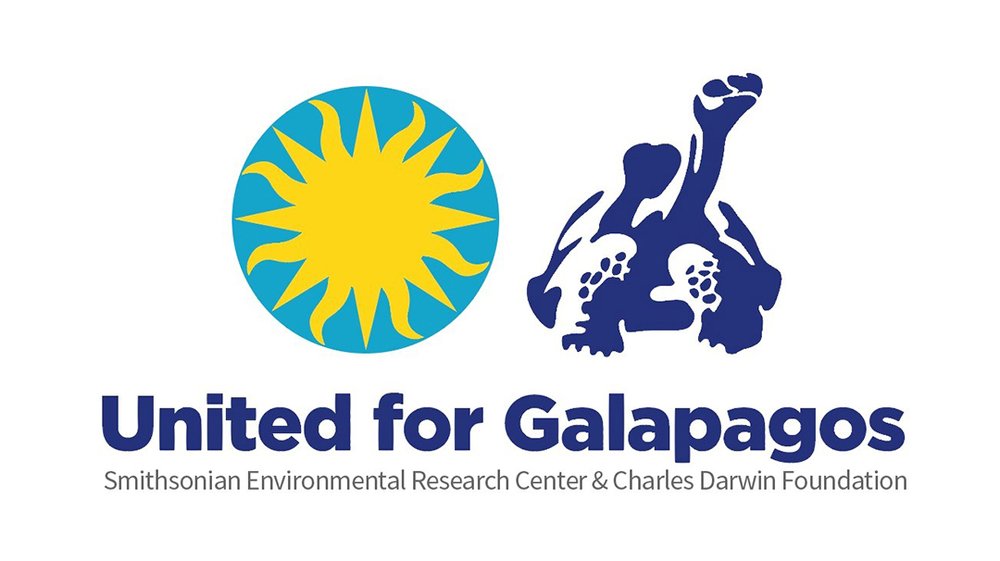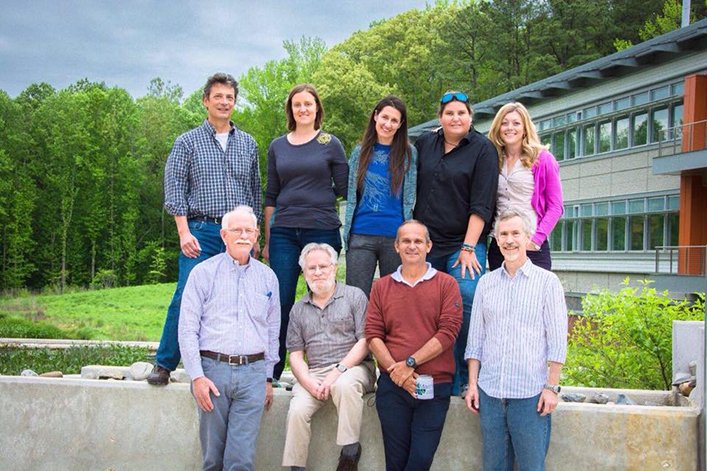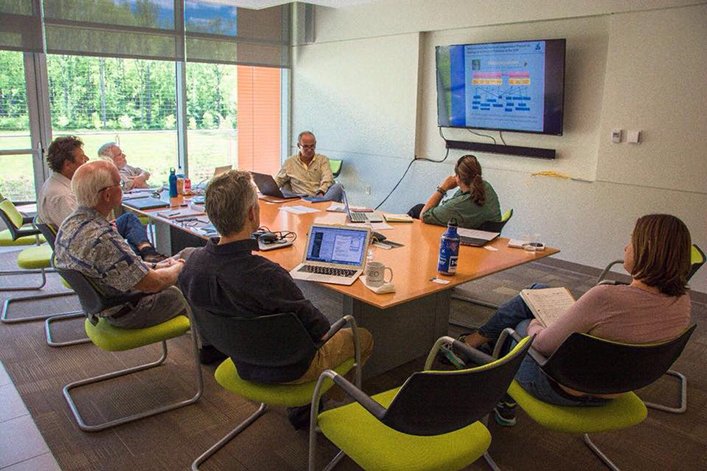
We are very pleased to announce a new partnership between The Charles Darwin Foundation for the Galapagos Islands and the Smithsonian Environmental Research Center. A Memorandum of Understanding (MOU) was signed on January 9th, 2018, which has the goal of conducting collaborative research to understand and sustain coastal marine ecosystems. Since both nonprofits have a long history of scientific research to improve management strategies and conserve the environment, this new MOU will be mutually beneficial and will have greater impact for the preservation of unique archipelagos like the Galapagos Islands.
The Smithsonian has over 500 scientists who work across a range of different scientific disciplines to advance knowledge about the biological diversity and sustainability of coastal ecosystems. Meanwhile, the Charles Darwin Foundation is the only nonprofit organization in Galapagos with an on-site research station, committed team of local and international scientists and nearly 60 years of experience as official advisor to the Government of Ecuador for the conservation of the archipelago.

Oceans are vital for humanity. However, they remain greatly understudied, and there is a pressing need to standardize data on changing nearshore ecosystems. This new MOU will support basic research, foster international collaboration and interdisciplinary initiatives, and promote professional training of the next generation of conservationists. These factors will promote resilience to change of Galapagos’ marine ecosystems and create best practices for the conservation and management of the archipelago.
Biological invasions by non-native species are accelerating worldwide and are particularly damaging to island ecosystems. Unfortunately, these threats are not fully understood and research is imperative to reveal which species are present, how they change over time, and how effective management strategies are. Inti Keith, Senior Scientific Investigator at the Charles Darwin Foundation, stated that,
"Increased tourism and flow of goods and people by ships are exerting pressure on Galapagos. Marine invasive species are arriving on the hulls of ships, in ballast water and also due to oceanographic currents, so we need improve our understanding of these threats in order to conserve the archipelago."
A joint effort from the Smithsonian Environmental Research Center and the Charles Darwin Foundation will help fill this knowledge gap and enhance collaboration among scientists, scholars, researchers, and students, serving to inform management and policy and also help educate future generations.
Anson H. Hines, Ph.D., Director, Smithsonian Environmental Research Center said,
“Our partnership with the Charles Darwin Foundation promotes world-class scientific research and crucial stewardship of the Galapagos Islands and mainland Ecuador. The scientific history and strategic location of these sites make them critical resources for tracking marine ecosystems and biodiversity. We will share the products of this strong collaboration to help measure responses to change across our growing network of coastal sites around the globe.”

More specifically, the MOU intends to promote opportunities for multidisciplinary and long-term environmental monitoring and research of Galapagos’ coastal ecosystems and mainland Ecuador in order to:
- Increase scientific understanding of the biodiversity, composition, structure, dynamics, and ecological function of coastal ecosystems;
- Improve knowledge about the key drivers, both natural and human, of ecosystem structure and dynamics;
- Understand the causes and consequences of environmental and coastal ecosystem change; and
- Help restore and improve these communities where possible.
“This research couldn’t be more pressing than now, in a world of constant change. By advancing synthesis, interpretation, and ready access of data, there will be greater understanding, improved management strategies, and increased environmental awareness,”
said the Charles Darwin Foundation’s Executive Director, Dr. Arturo Izurieta.
Finally, this MOU will involve collaboration between agencies, new resources, enhanced facilities and infrastructure, collaboration between research staff, training for university students, and greater flow of information (through seminars, meetings, and workshops). There are high expectations of all that will be achieved through this innovative partnership.
Media inquiries: MinogueK@si.edu (Kristen Minogue, SERC); cdrs@fcdarwin.org.ec (CDRS)





